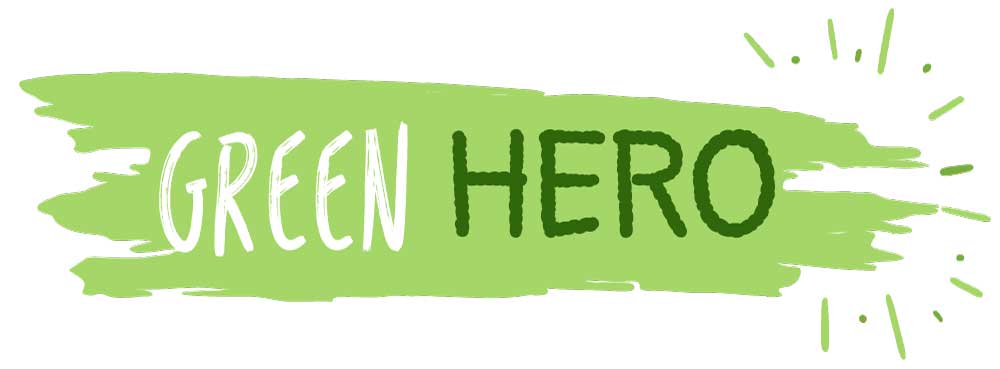Organic waste represents 35% of the contents of our garbage cans, about 100 kg per inhabitant and per year!
Recycling organic waste can reduce the contents of our trash and thus the volume of household waste to be treated by the community.
Less waste to treat also means less CO2 from collecting, burning or storing waste.
In short, it is also developing autonomy and responsibility towards the waste that we produce.
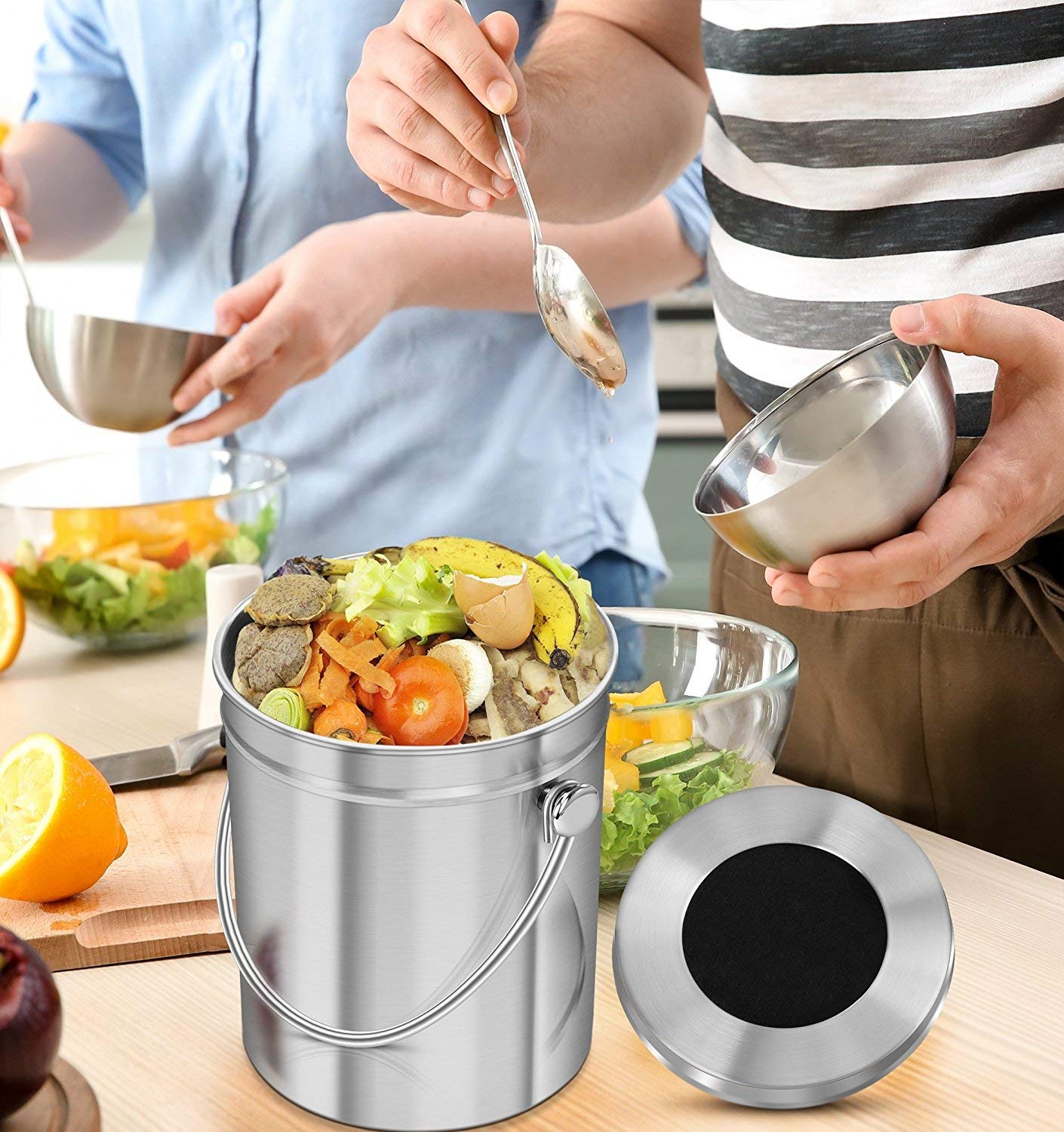
What is found in organic waste ?
Organic waste is any animal or vegetable matter such as :
- Animal products: blood, meat, milk...
- Vegetables and food leftovers
- Fruit peelings
- Gardening waste: dead leaves, grass, shredded branches...
- Eggshells
- Marc coffee and tea bags (paper)
- Remains of crushed bread
- Sawdust and wood chips
Composting : What is this ?
Composting is a biological processof conversion and recovery of organic matter. In other words, in contact with oxygen and water the waste will be degraded by the combined action of bacteria, fungi and microorganisms.
At the end of this process we obtain a stabilized product, hygienic, similar to a potting soil, rich in humus and mineral compounds, the compost!
In nature, dead plants decompose and recycle to infinity. Composting reproduces this natural cycle of matter.
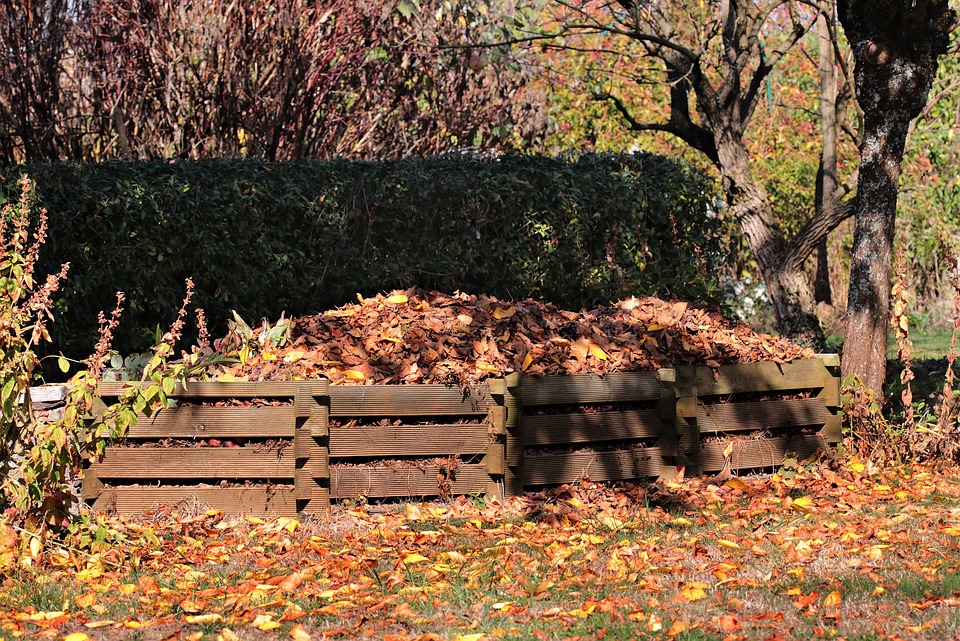
Composting in piles
Ideal for anyone with a garden, composting in piles is the easiest way to compost.
It is economical, easy to install and you will have no volume constraints. On the other hand, the heap will not be protected from animals, bad weather and is not very aesthetic.
Composting in tray
It can be wooden or plastic (not really eco-friendly!), Buy in shops or be manufactured.
The process is the same, as with the pile, however the compost will be protected from the sun, rain and animals.
Composting will be faster because the tank holds the heat. It is important to place it on the ground, in order to facilitate the rise of microorganisms.
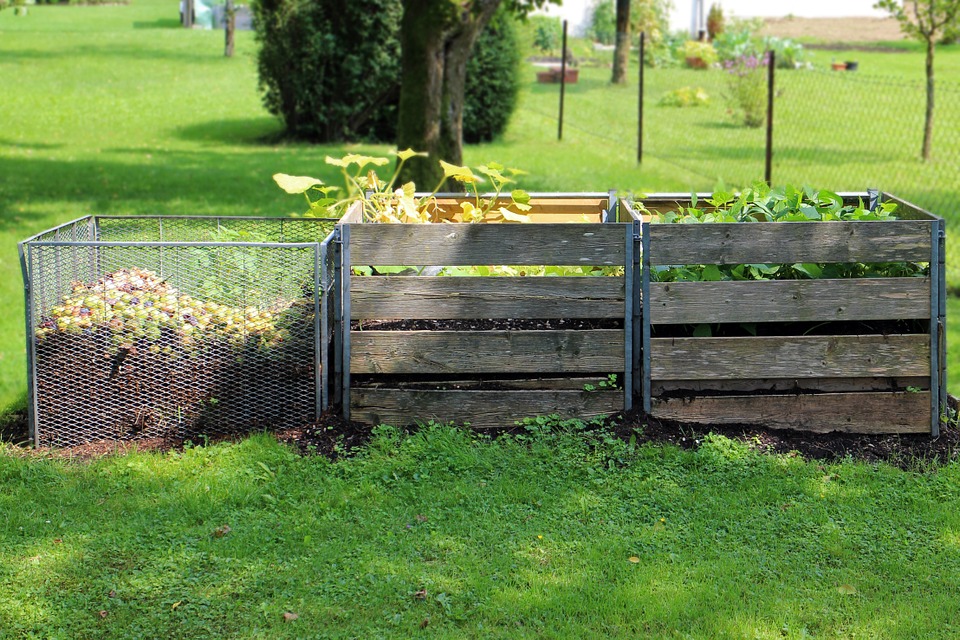
Vermicomposting
Vermicomposting allows you to recycle organic kitchen waste in collaboration with a very small animal.
Able to swallow every day the equivalent of its weight in organic waste, digest it, and then reject it in a very rich soil.
This animal is a red worm, champion of the scavengers, called Eisenia.
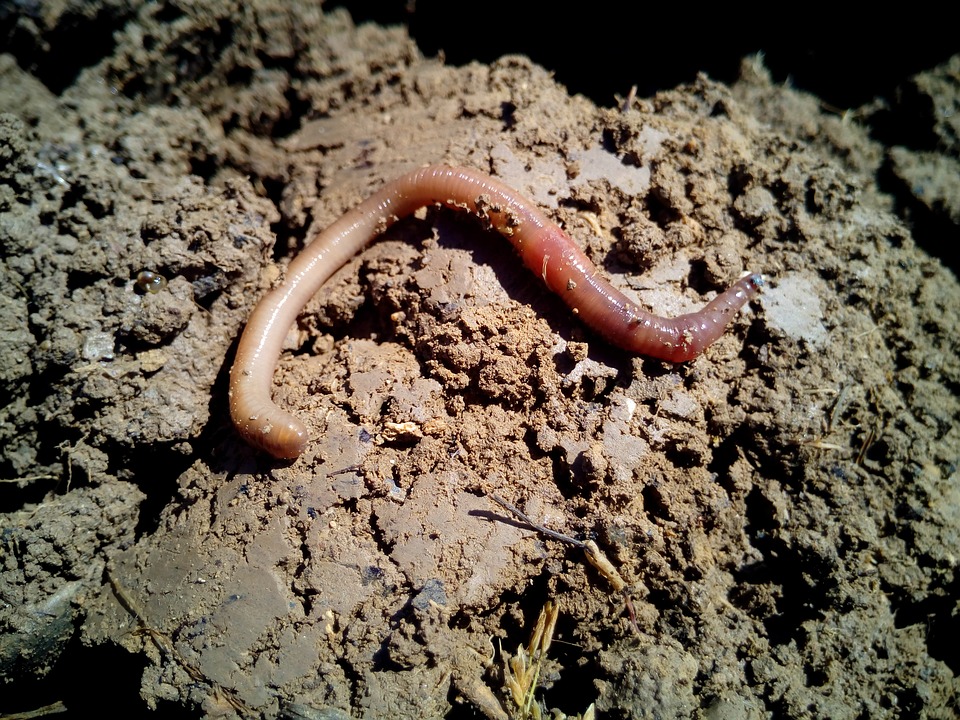
Community Composting
Community composting in a neighbourhood. A solution for those who do not have a garden to store food waste, but still want to participate in recycling.
In recyclenow.org website you can find recycle locations in the UK.
You can find one next to your home or start your composter and reference it on the map.
Individual Composting
Individual composting makes it possible to recycle certain organic waste from the kitchen and garden at home and to obtain compost for its own gardening needs.
It is possible to buy kitchen composters, suitable for individual use and your interior.
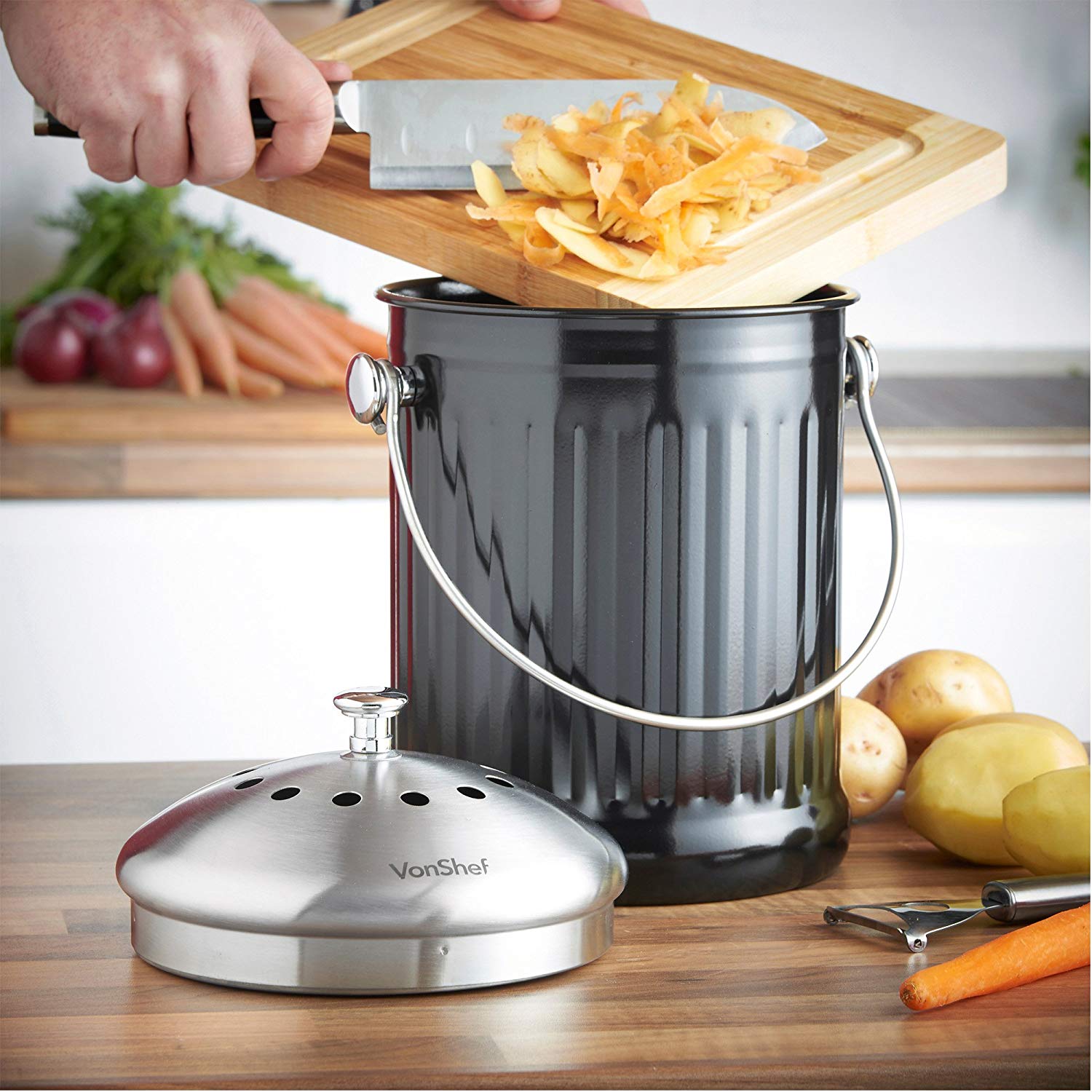
What is the Compost for ?
Compost is a real alternative to chemicals and fertilizers. Indeed, thanks to the decomposition of our own waste, we are able to produce an organic fertilizer worthy of the best solutions to feed and care for our plants.
Compost undoubtedly meets the strong craze that we know for organic and respect for the environment in general.
Natural amendment, it improves the structure of the soil, enriches it with organic matter without destroying microorganisms so important for plants.
Unlike a mineral fertilizer, it is available to plants in the long term and will not pollute groundwater and rivers.
Compost is also very useful for wildlife. Many species benefit from the heat released by the decomposition of organic matter.
To know that the temperature at the centre of a compost pile can reach 80 ° C, this is why in winter, hedgehogs but also frogs or toads make home in a compost pile waiting for warmer temperatures.
Why Compost ?
The reasons for composting are many, but two major issues are in particular to be taken into consideration.
In the first place, the reduction of pollution and secondly the improvement of soil quality.
Reduction of Pollution
When we compost, we recycle our organic waste into resources.
Whereas when this waste is buried in a landfill and decomposes without oxygen, it is transformed into biogas. Mainly methane, one of the main gases responsible for the greenhouse effect.
Less waste to be treated by the community also means less CO2 associated with the collection, incineration or storage of waste.
Improving Soil Quality
The effects of compost input on soils usually result in soil enrichment with carbon, nitrogen, and organic and inorganic phosphorus.
Its elements nourish plants, trees and plants and thus stimulate natural regeneration and greatly improve plant growth.
The beneficial effects of these organic inputs are numerous: they increase the soil's ability to retain water, in particular by increasing the porosity of soils, but also by their own ability to retain water.
This also avoids the use of chemical fertilizers, which contaminate the soil, groundwater and fruits and vegetables of our garden.
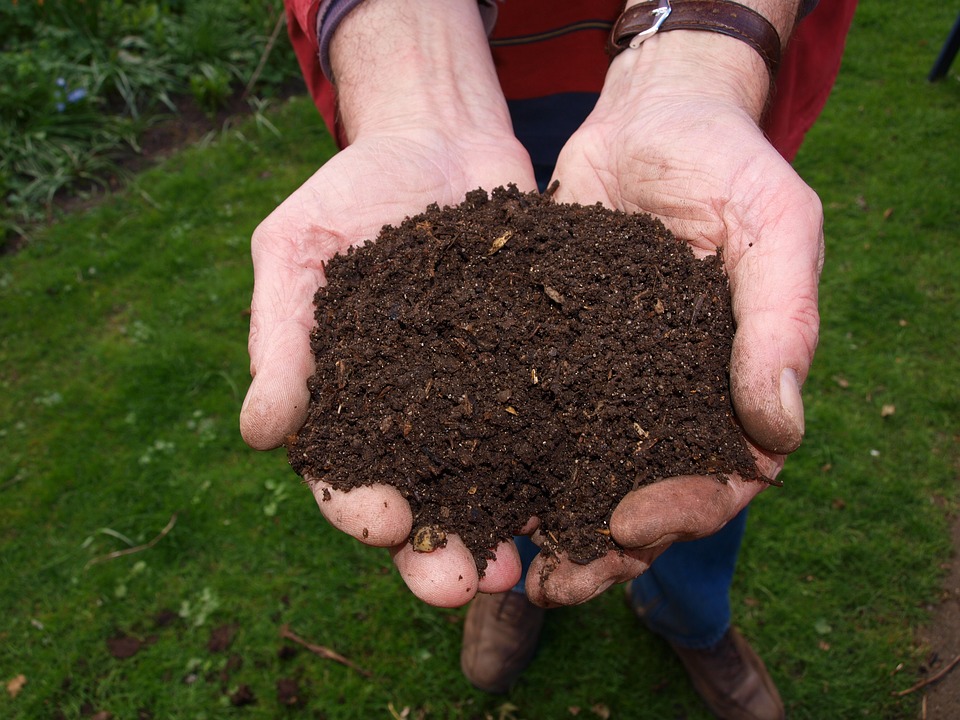
In the process of reducing and recycling household waste, it is also important to think of organic waste.
Indeed, this waste represents more than a third of the contents of our bins.
For efficient recycling, composting is the best solution.
Composting, individually or in community, in his kitchen or garden. We contribute to soil improvement; we reduce the volume of our garbage cans and also our greenhouse gas emissions.
So let's continue to sort our waste and recycle organic waste into compost!
